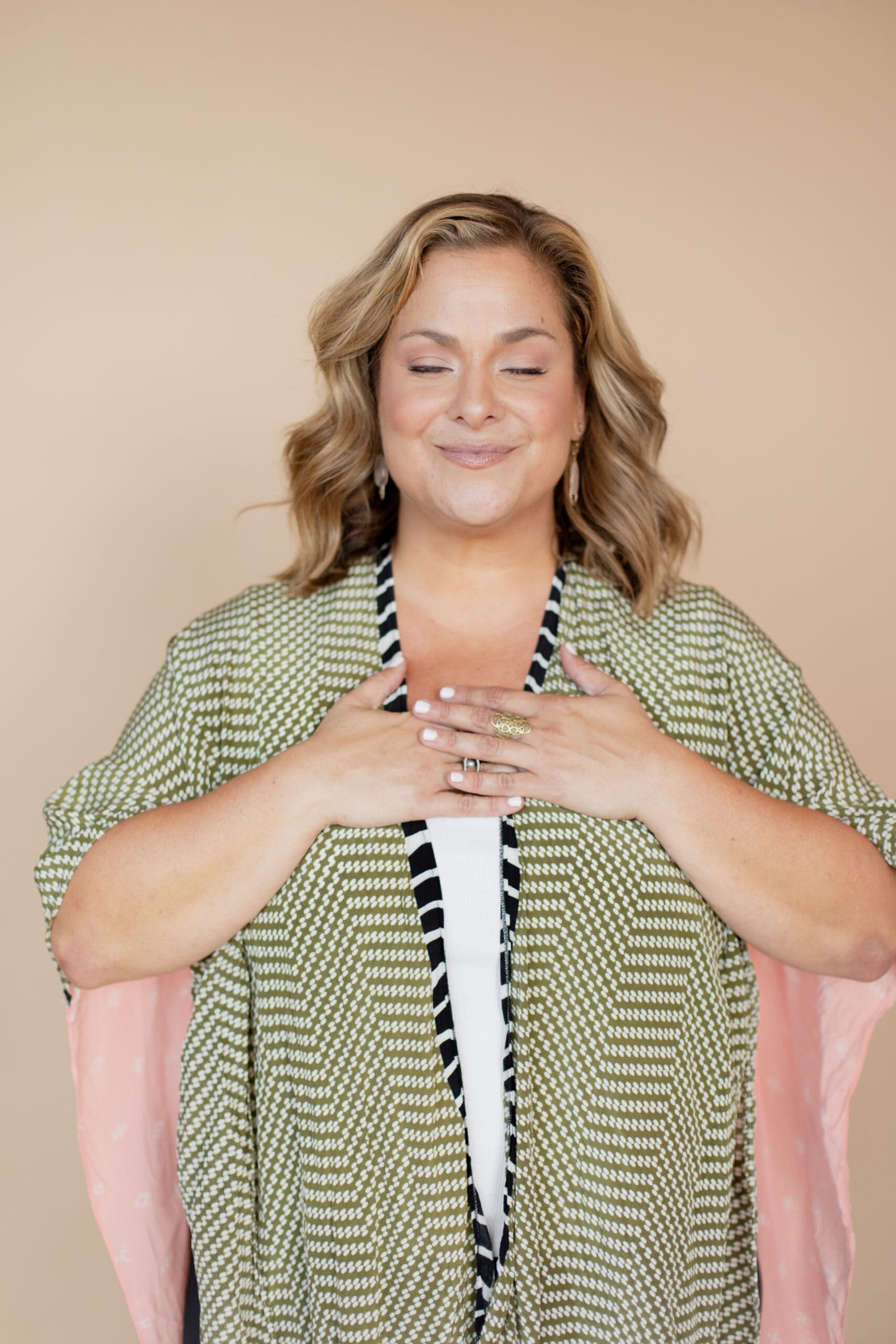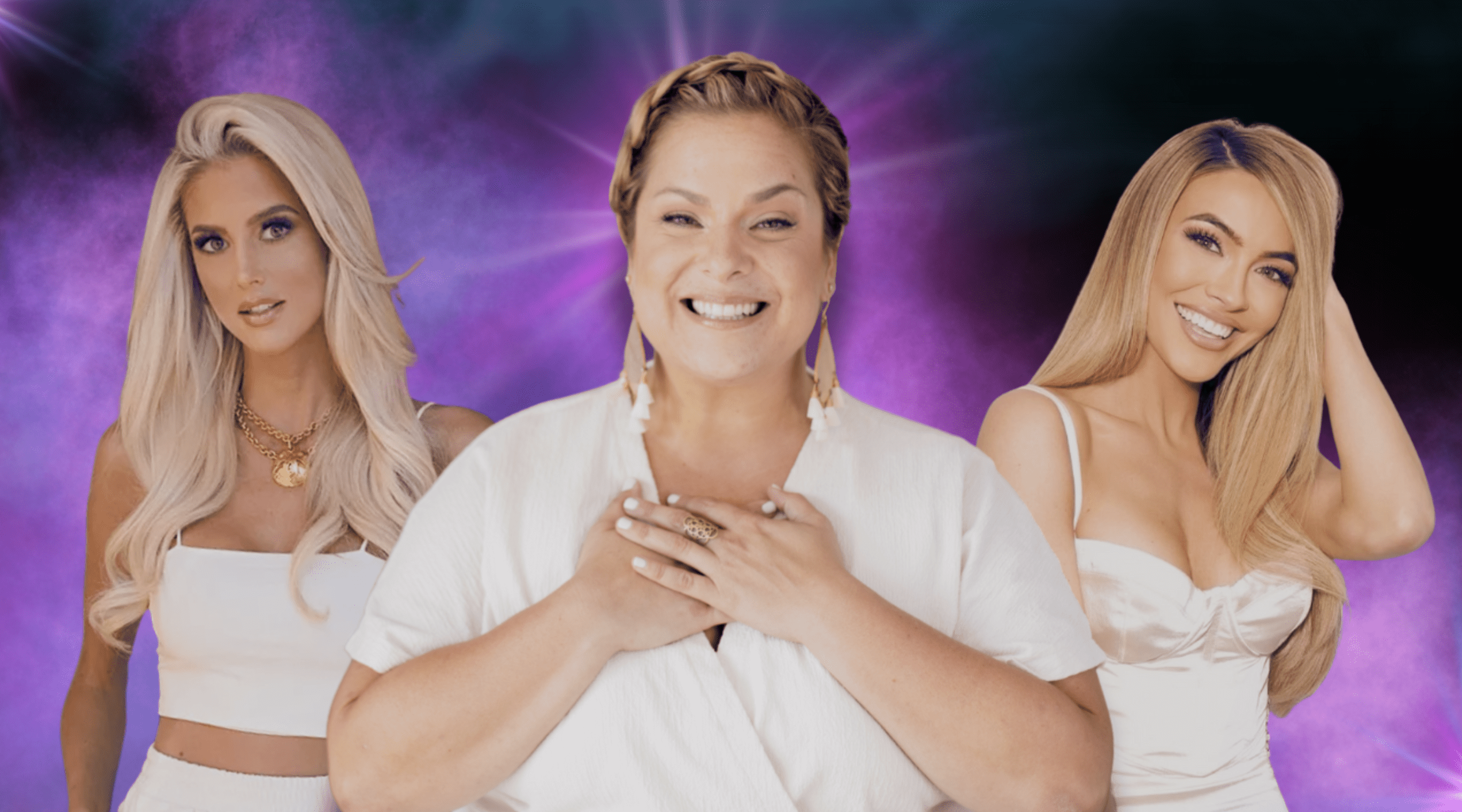The signs with toxic people are often subtle. Sometimes they are so much so that we don’t realize we’ve been manipulated. The sad reality is, not everyone has your best interest at heart.
The signs with toxic people are often subtle. Sometimes they’re so subtle that we don’t realize we’ve been manipulated until we’re deep in the dynamic. The sad reality is, not everyone has your best interest at heart. Especially if you’re neurodivergent, an empath, a people-pleaser, or a Highly Sensitive Person (HSP), you’re disproportionately targeted by emotional abusers and predators. This is because our innate sensitivity, desire to connect, and tendency to see the good in others can make us more vulnerable to manipulation, we often overlook red flags in the name of compassion, and emotional abusers exploit that. If you are neurodivergent you’ve most likely spent years learning to ‘mask’ your true self to fit into neurotypical spaces, overcompensating by being overly agreeable, hyper-aware of others’ needs, or constantly trying to avoid conflict. This deep conditioning to accommodate others makes it harder to spot when someone is taking advantage. Our tendency to over-explain, over-apologize, and override our instincts in an effort to be understood or accepted becomes a roadmap for manipulators. Emotional abusers recognize this, and sadly, they exploit it.
Whether it is a family member who wants you to take their side and pits everyone against one another, gaslights, or manipulates; the romantic partner you can’t trust because you know they are lying; or the best friend who keeps flaking and triangulating you, toxicity is not something you have to accept. Toxic behavior is a form of emotional abuse, and you deserve better.
But before we dive deeper, know there is a difference between being toxic and acting toxic. The first is when it’s ingrained in our personality, and we actively enjoy hurting others; the second corresponds to aspects of our behaviors. As Dr. Neo explains to mindbodygreen, “The good news is, with a little self-reflection and asking for feedback from others, we can become aware of these habits and eradicate them so we can become better people and create healthier connections.
Today’s resource video is designed to help you catch the signs of a toxic person early.
A toxic connection “emotionally harms you, rather than helping you,” says clinical psychologist Andrea Bonior, PhD. You can tell a friend, family member, or lover is toxic when they “cause stress, sadness or anxiety,” she continues, and “doesn’t help you be who you want to be.” Taking more than they give and leaving you feeling depleted after spending time with them are also signs of a toxic connection. A toxic person can also take things from you, like time, money, and energy, and over time they will make you doubt yourself and destabilize your mental, physical, and spiritual well-being. Which is why this topic is so important to me.
I spent years caring deeply for people around me who I thought were true, genuine friends. I didn’t realize, until recently, that most people in my personal life were actually using me and taking advantage of me. Toxic people are takers, and they love to use givers. It’s a vicious never-ending cycle.
It wasn’t until I started to do deep inner child healing work, and committed more to my own personal growth that I found patterns and behaviors I kept attracting. Once I started to see my patterns of feeling disappointed and never having my needs met in relationships, I understood I was attracting toxic people because that is what I knew love to be .
Education is the key to health and freedom from toxic culture. In general, being in a toxic friendship can do a real number on your mental health by depleting your energy, making you lose sight of your center and act out of character, and even lose sleep . . .
So if you aren’t getting what you need from the people around you, it may be time to ask yourself if they are toxic.
Today’s video resource shares simple tests you can do to see if they are toxic.
Tests to See if They Are Toxic: Test #1 Say “NO”; set a boundary Test #2: Share an insecurity, fear or secret Test #3: Do the Narcissism test
Signs You’re Involved with a Toxic Person:
- There is an imbalance in effort and it doesn’t feel reciprocal.
- You give way more than you receive.
- You get interrupted all the time.
- There’s an imbalance in talk time—all for the other person, none for you.
- They lack empathy, use fake compassion, and refuse to acknowledge your feelings and thoughts.
- They poke, tease, or insult you regularly, often discrediting you or trying to make you feel small.
- They thrive on drama and chaos and gossip about others, trying to pull you in.
- They are always in crisis, aka the perpetual victim, and are never there for you but expect you to be there for them.
- They test your loyalty and devotion often with push-pull dynamics, high and low, in and out energy, and hot-cold behavior.
- They refuse to take accountability. They are consistently shifting the blame to make it seem like you have the problem
A toxic relationship is a relationship that’s harmful, draining, or in some way negatively affecting the well-being of one or both involved. There are many kinds of behaviors that are unhealthy—aka toxic—in all types of connections, especially romantic partnerships, friendships, and family dynamics, ranging from lack of reciprocity, codependency, and manipulation to full-on conscious abuse.
A relationship doesn’t necessarily need to involve “bad” people for it to become toxic. It’s more about whether the dynamic between the two partners allows both individuals to feel individually safe, respected, supported, nourished, empowered, and whole—consistently, in both the good times and the bad times.
Generally speaking, a relationship that involves constant fighting, power imbalance, manipulation, fear, or mistrust is likely toxic because of the way these dynamics can harm one or both people’s well-being and create instability in the relationship that isn’t sustainable long term.
If you’re in a toxic connection, there are only two paths forward: Both people need to commit to changing the relationship for the better, or it’s time to leave the situation for good, often going no contact to protect your mental health and peace.
You owe it to yourself to surround yourself with kind people who treat you with respect, which is why I made this video training today.
If you suspect you are involved with a toxic person, you can try these simple tests to see.
Get Support:
If there's any abusive behavior—whether that's physical or emotional abuse—it's likely the relationship cannot be mended without significant intervention. Therapy can be a helpful first step, but remember, your safety and well-being are the No. 1 priority. Leave the relationship if you feel safe; there are people and resources available to support you through the process if you need it.
Written by Shannon Kaiser






Read the Comments +